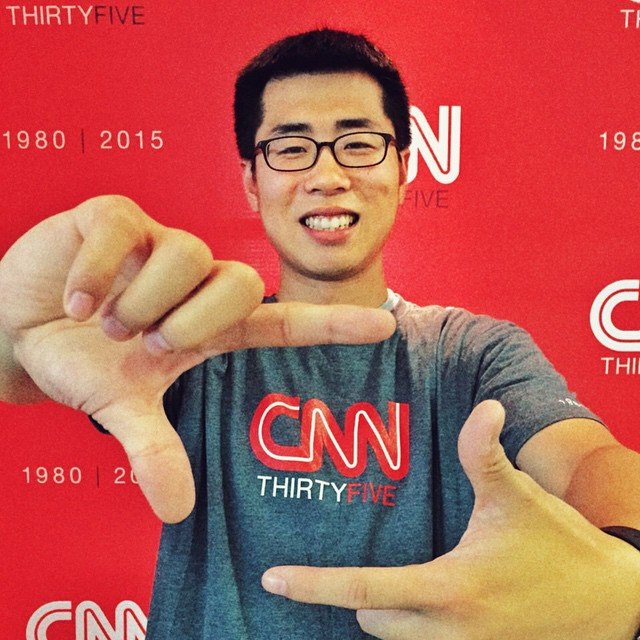
Thursday, January 9, 2020 at noon
2320 Girvetz Hall
The need for systemic transformation arises as much from discontent with the current economic and environmental scenario as it does from hope for a better tomorrow. Societal discontent, obviously, manifests itself in the form of resistance to the existing structures and is channeled through people’s movements. Hope, on the other hand, propels the society to look for alternatives to the existing paradigm.
Significant efforts are being made by the civil society in the global south to bring together frameworks and visions, based on the existing heritage of ideas, worldviews, and cultures, which still survive in the region, particularly amongst the indigenous community, with new progressive ideas and grassroots practice. In India movement activists, academics, thinkers and practitioners of alternatives, indigenous and rural communities and artists and communicators are coming together in search of just climate and economic futures together with a focus on the ideas of the commons, degrowth, localization and community empowerment. The Confluence of Alternatives, or Vikalp Sangam in Hindi, is a unique initiative undertaken by Kalpavriksh Environmental Action Group in solidarity with three other activist groups to explore and understand alternative thinking and organizing on a large spectrum of environmental, economic and social issues in India.
In his talk, Pallav Das, one of the co-founders of Kalpavriksh will provide an in-depth picture of these efforts – how they came into being, their current achievements and challenges and how they can realize their potential to intervene in the societal power dynamic and become a credible voice for change nationally and a model for replication, internationally.


The Global Tapestry of Alternatives has been envisioned and designed with the intention of giving visibility to the myriad forms of alternative thinking and practice taking shape all over the world and in the process inspire other people to create their own initiatives. It wants to create spaces of collaboration and exchange, in order to learn about and from each other. The Global Tapestry of Alternatives operates through varied and light structures, defined in each space, that are horizontal, democratic, inclusive and non-centralized, using diverse local languages and other ways of communicating. The initiative has no central structure or control mechanisms. It spreads step by step as an ever-expanding, complex set of tapestries, woven together by already existing communal or collective webs, building on already existing and new alternatives to dominant regimes. It promotes or joins regional, national and global encounters, when the conditions allow for them, as well as close and synergistic linkages with existing organizations, like the World Social Forum.
Radical Ecological Democracy is a framework that respects the limits of the Earth and the rights of other species, while pursuing the core values of social justice and equity. With its strong democratic and egalitarian impulse, it seeks to empower every person to be a part of decision-making, and its holistic vision of human wellbeing encompasses physical, material, socio-cultural, intellectual and spiritual dimensions. Rather than the state and the corporation, it puts collectives and communities at the center of governance and the economy, an approach that is grounded in real-life initiatives across the world.





